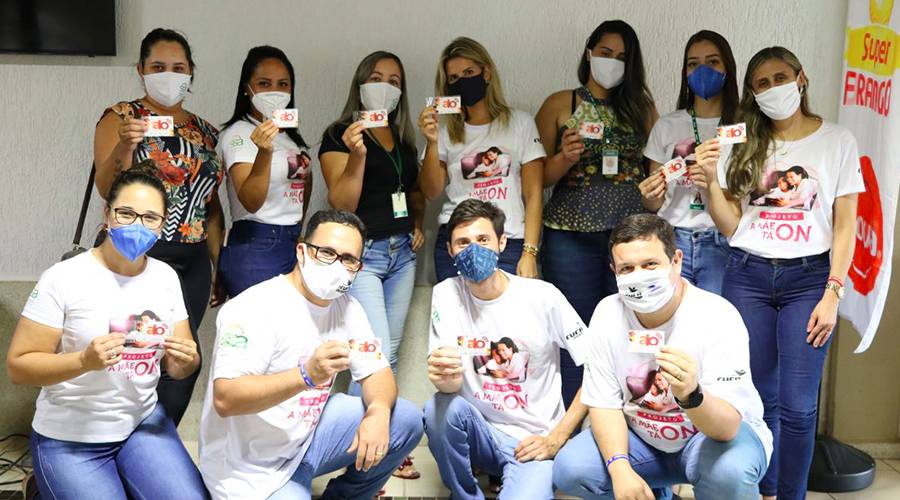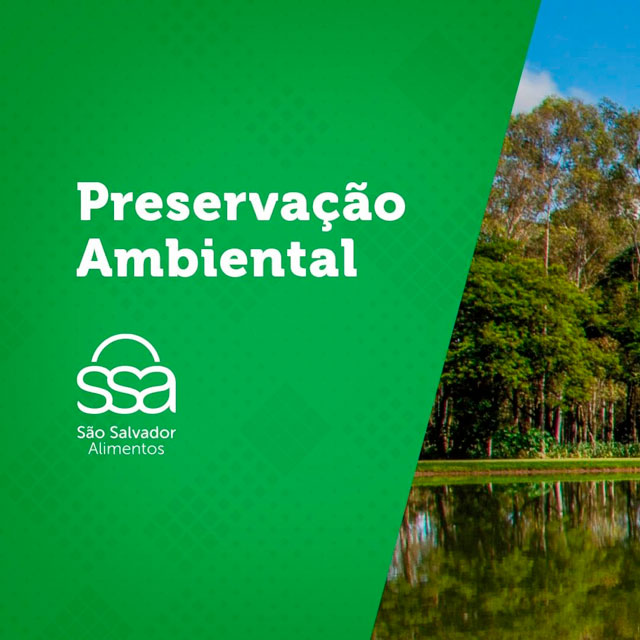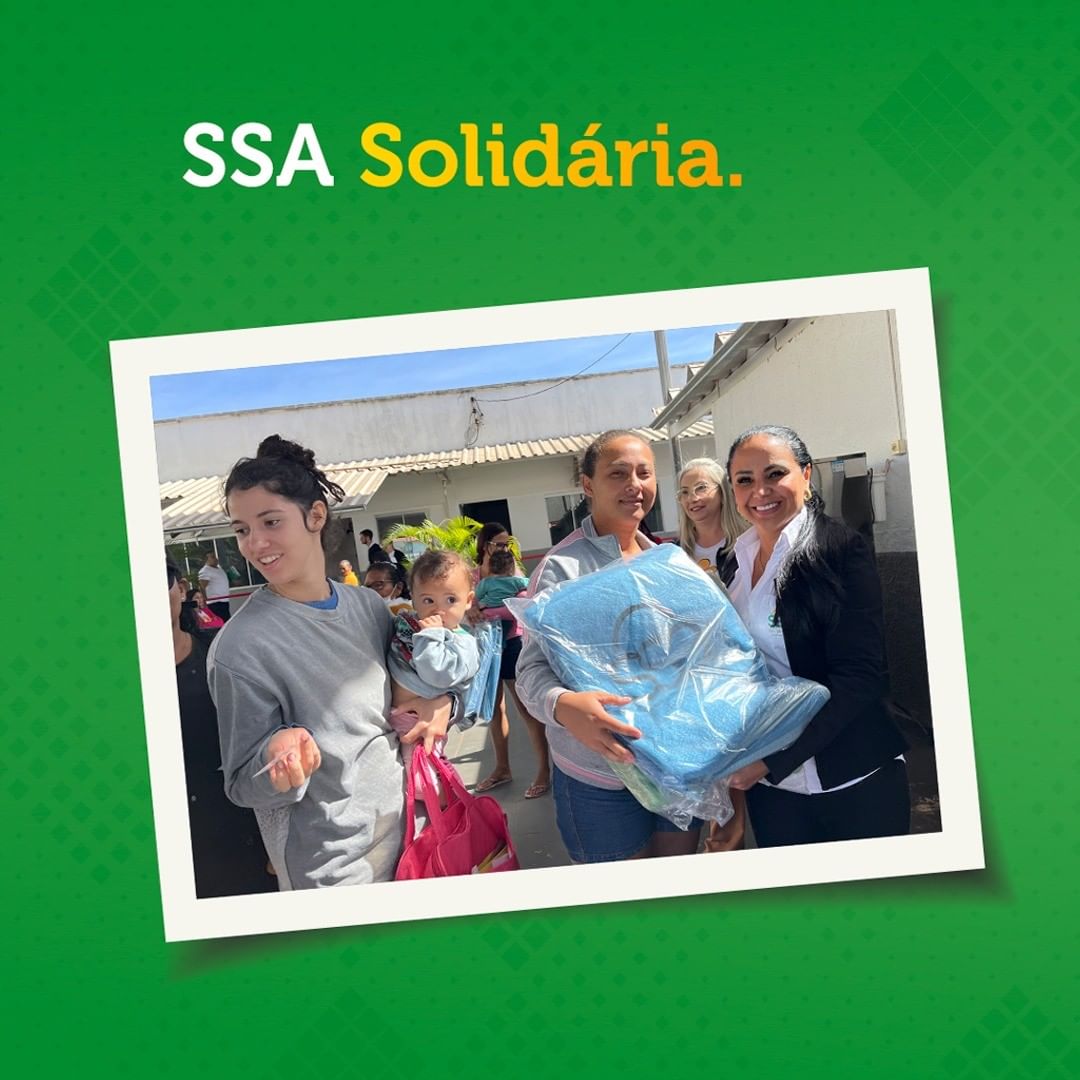SSA is a partner in the largest digital inclusion project in the country, distributing mobile phone chips that will provide free access to the internet and content endorsed by UNESCO.
The Central Única das Favelas (CUFA) and São Salvador Alimentos (SSA), in partnership with TIM, distributed mobile phone chips for free to 230 low-income families in Itaberaí (GO) on Wednesday (10/21). This is currently the largest social connectivity project called “Alô Social: Mães da Favela ON”, which will benefit 500,000 mothers across the country. “SSA is pleased to support and participate in this social project, which aims to democratize digital access.
In Itaberaí alone, we will benefit more than 1,000 people, especially children, who will have better conditions to participate in remote classes and receive digital content from public schools and partners accredited by UNESCO,” says Ana Flávia Perillo, SSA’s Social Responsibility Manager.
The mobile phone chips from TIM were distributed free of charge to registered families, who now have the right to 2 gigabytes of internet per month, unlimited calls and WhatsApp, as well as unlimited access (without using the internet limit) to digital content on education, business, and culture with curation done by UNESCO, with unlimited access. This benefit is valid for six months. After this period, beneficiaries will still be entitled to a subsidized monthly plan from the operator, where the cost will be almost half the price of the cheapest cell phone and internet plan available in the market today.
The initiative was born from the accounts of mothers served by CUFA who, in addition to the usual difficulties and those imposed by the crisis, see their children without the option of adapting to remote learning imposed by social isolation, simply because they do not have the necessary equipment or internet available for classes. Breno Cardoso, president of the NGO in Goiás, says the main objective is to combat digital isolation, exacerbated during this pandemic period, with a special focus on children since many of them, in conditions of social vulnerability, do not have the means to continue their studies remotely or access various educational content, thus helping to compensate for the absence of face-to-face classes in schools.
For Marlova Jovchelovitch Noleto, Director and Representative of UNESCO in Brazil, institutional support for the Mães da Favela project and the digital democratization platform reflects confidence in the credibility and transparency of CUFA. “It is a privilege for UNESCO to support the work of CUFA and the Mães da Favela project, as it is social mobilizations like these that bring quick and effective help to those who really need it, at a time when we need to act quickly to reach so many families in vulnerable situations,” she says.






